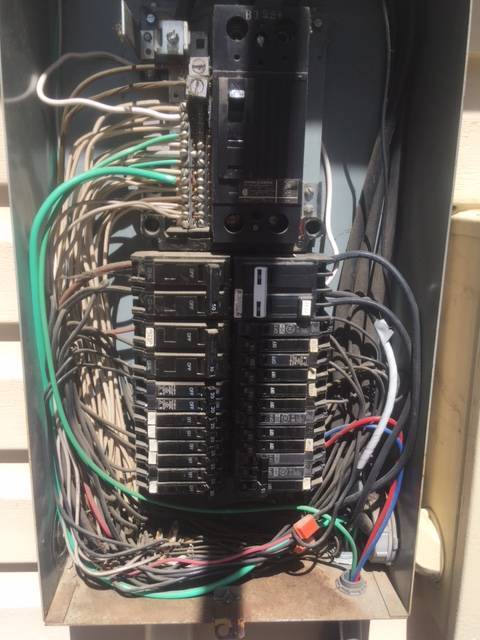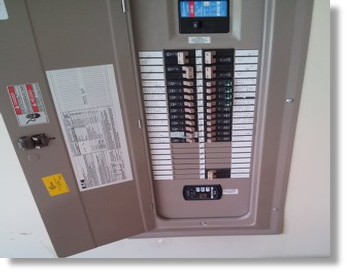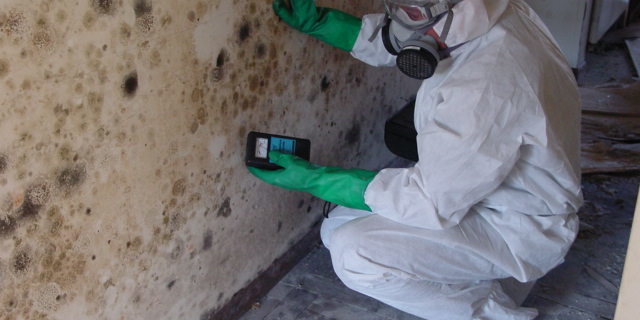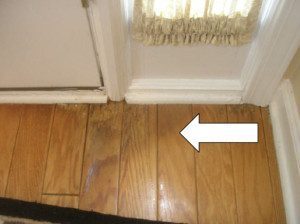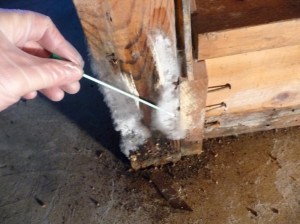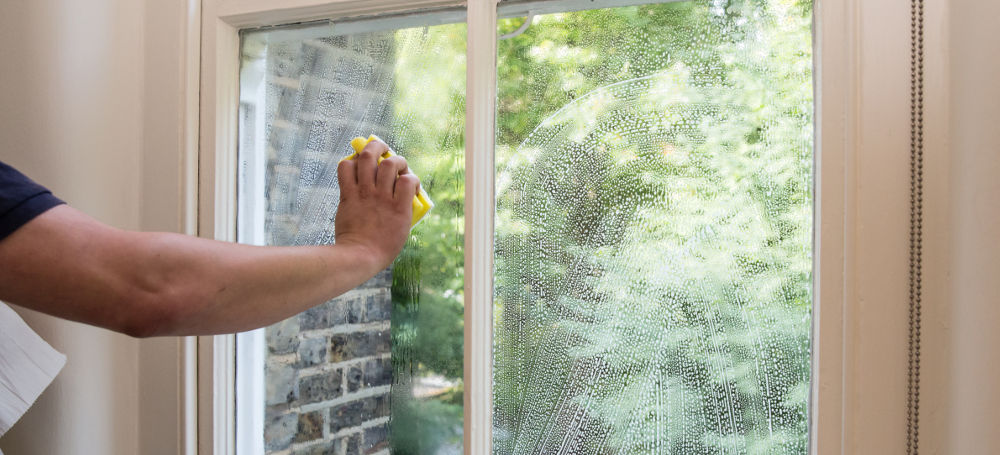Signs a Wedding Dj Might Be Too Amateur
Everyone is constantly looking for the best deal, hoping to save cost on everything. That’s because 99% of the couples who are planning their own wedding are driven by cost. So how do you know if your getting a talented up and comer who is building their business, looking to build their client base and help couple’s save a bit of money?
1. They don’t take requests or only take requests
This is one of the clearest signs that someone is playing the role of wedding Dj without actually having the knowledge to make a wedding work. Their are hundreds of bedroom Dj’s who have worked hundreds of hours making perfectly executed 3 hour house mixes using beatports top 100 tracks of the month, and who’s sole mission is to use your wedding as an audience and they will outright tell you “I don’t do request”! On the flip side is the all requester, who banks on your guests to deliver musical direction, this is ok if the people requesting music know what will fill the dance floor. If that’s the case you should have them plan your music and save you the $500 bucks.
2. They market to everyone, everywhere and offer everything, no niche market
Expansion has been the norm in every industry, being worldwide like pitbull is a popular phrase and Dj’s want to be big. A wedding Dj should know and focus on a key demographic. Many offer photo-booths, videographer and bartending to name a few. So how do you know the Dj your hiring is just a qualified salesman or a dedicated wedding Dj. Raise your eyebrow if the vendor you contact is based out of a city far from your own, chances are they will contract out your wedding.
3. They don’t MC
This is a dead giveaway your Dj is not wedding qualified. Everyone working in the wedding industry should be prepared to actively engage with your guests and family, especially the wedding Dj. One of the biggest assumptions is that a Dj just needs to sit in the corner and play music. This couldn’t be further from the truth, proper announcement of key events and guest direction should be high on a Dj’s priority list. They also help to energize a crowd by engaging and meeting your guests. If a Dj say’s I’m not comfortable on the microphone its a clear signal you are dealing with an amateur.

What Should I Look For When Hiring A Wedding DJ?
Don’t leave shopping for a wedding DJ until the last minute; the best wedding DJs’ calendars fill up fast. The earlier you start shopping for a wedding DJ and contacting DJs, the better chance you have of booking one of the best that fits the wedding DJ price you set. Though the cost is important, remember that you can’t rely on DJ prices to make your decision about hiring a wedding DJ—you may end up with a lame DJ. How do you know the signs of a lame DJ?
- Hidden costs and wedding reception overtime fees. Make sure you find out what the total cost of a wedding DJ includes; some lame DJs may be great with your guests on the dance floor, but lame when it comes to delivering a bill full of hidden costs and wedding reception overtime fees. Don’t fall victim; make sure you ask about the final total cost of a wedding DJ up front, and if they charge any overtime fees.
- Standard, non-personal wedding reception format and wedding song playlist. A lame DJ sees a wedding reception as a one-size-fits-all occasion. They use the same wedding song playlist, the same standard format for every weekend; they use your list of preferences as a suggestion, instead of as a DO NOT playlist or as a must play list. A good wedding DJ (such as Enchanted Evenings!) has an extensive music library consists of thousands of songs, including traditional favorites and the latest hits.
- See a wedding as just another event. Too many lame DJs do everything, without doing anything well. They take on as many events as possible, and treat your wedding as just another gig that pays. A good wedding DJ, like our Enchanted Evening DJs, has the experience to respond to your audience (and keep them moving!), a huge wedding song playlist to choose from (or to add to your do not playlist!), and the coordination experience to work with other vendors such as your wedding photographer, videographer and reception hall (i.e. during your garter toss, bouquet toss, first dance, father/daughter dance, etc.). And because of our massive wedding song playlist, we can also personalize our service to your wedding (such as retro songs for your vintage wedding, excluding songs on your do not playlist list, including songs on your wedding song playlist for your dances, etc.).
- Don’t offer any “extras” that you want at your wedding reception. Do you want more than just wedding reception entertainment? Contact Enchanted Evening DJs for professional wedding reception entertainment in Chicago, Illinois and any “extras” you want on your wedding day. We offer photo booths, reception lighting, your name in lights, enhanced sound system, photo montage, additional music at your wedding ceremony or during the cocktail hour—whatever you choose at a price that fits your wedding budget.

Wedding DJ FAQ
1. What is your contract policy?
A written contract establishes the professionalism of any wedding DJ. The terms and obligations of your agreement will be outlined here, and it guarantees the quality and delivery of your DJ experience. The contract is an essential part of the service, and you should always use a DJ who offers one.
2. Who will be our wedding DJ?
You should always interview your DJ before committing to having them DJ your wedding. Ensure that their name is provided in the contract and their services are guaranteed.
3. Can we meet before signing a contract?
Meeting in person before signing a contract is essential to ensuring you get exactly the DJ you want for your wedding. Interviewing over the phone or via e-mail can be done, but this doesn’t give you the gut feeling of reassurance that you should always have. Meeting face-to-face lets you go over the details of your contract and make plans for the big day.
4. How long can a date be held before we sign on?
Many DJs will try to pressure you into committing as soon as you choose your date, saying they can’t hold the date for you ahead of other paying customers. This is a tactic that we don’t subscribe to – you should have enough time to make the decision, meet the DJ, speak to others, and finally commit to signing the contract. One to two weeks should suffice.
5. Are you a subcontractor or do you work exclusively for this company?
Large DJ agencies generally work with subcontractors who work for several organizations and for themselves. Because of this, it’s very important you finalize your dates and ensure your DJ’s availability. The contract should include clauses that cover damages for double booking or no-shows.
6. How much experience do you have as a wedding DJ?
DJ experience can vary widely depending on the agency and the person him or herself. Someone may have many years of experience DJing but have never worked a wedding before. Another DJ may only have two years under their belt, but if it’s all weddings, they’re going to know more. You should inquire with the individual detail to learn these specifics.

Do you do multiple weddings per day?
While practice and sharpness are important, some DJs can take this too far, cramming as much work into as little time as possible. This prevents them from putting their full attention and focus on your event – ask your DJ whether they work multiple events in a day and consider whether this is the sort of person you are looking for.
How do you distinguish yourself among your competitors?
This is the kind of question any professional DJ should be able to answer clearly and confidently. Rather than taking the opportunity to speak ill of their competitors, a professional will simply outline what they offer and why they are the best one to offer it. Speaking poorly about others doesn’t reflect well on a DJ, so you should consider avoiding the ones who do this.
Have you ever performed at our reception venue?
If your DJ has experience at your reception, they will be able to set up faster and give an overall smoother performance. While this can’t always be the case, it’s worth asking, especially if your reception hall or venue is sought after and often booked.
Why The Difference In The Price Of A Wedding DJ?
For one thing, there’s no such a thing as a ‘one price fits all’ solution. This is because each couple is unique and will want to customise their entertainment to make the moment truly special. Therefore, due to such unique wedding entertainment needs, there will be variations in pricing!
Also, it bears asking, would you prefer an amateur or a seasoned professional for your wedding entertainment?
That is an important question, because an outstanding performer has spent years practicing their craft and will charge accordingly. However, as a novice will not have the range of experience and skills, nor a track record of reliability, it is likely that His or Her fee will be vastly cheaper.


